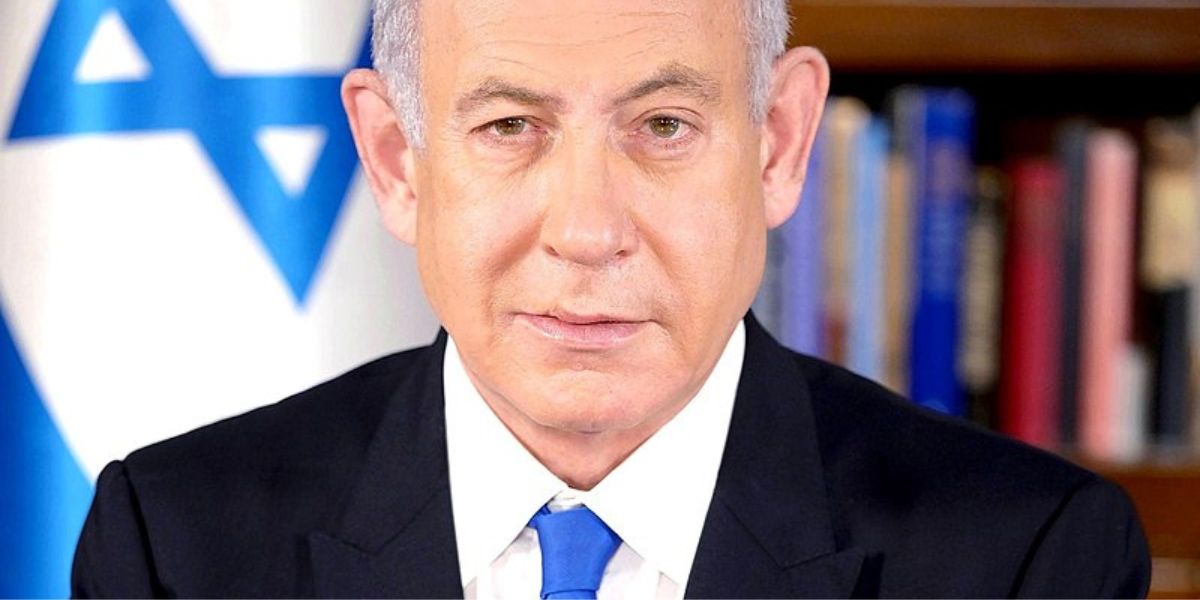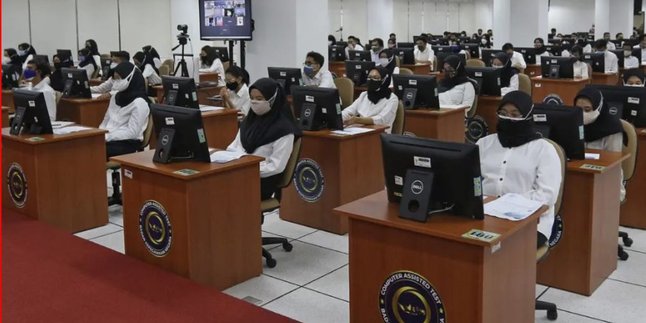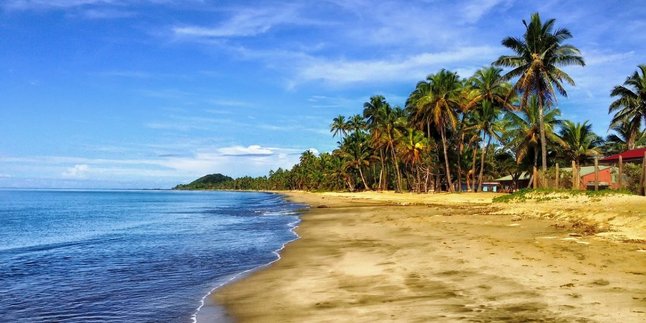Kapanlagi.com - The Israeli government has just announced a bold plan aimed at doubling the population in the Golan Heights, a territory that has been part of Israel since it was seized from Syria during the Six-Day War in 1967.
This decision comes amid the political instability plaguing Syria following the collapse of President Bashar al-Assad's regime. With over 40 million shekels allocated, this plan is not only ambitious but also highly controversial.
Prime Minister Benjamin Netanyahu emphasized that this move is crucial for strengthening Israel's presence in the Golan. "Strengthening the Golan means strengthening the State of Israel," Netanyahu asserted in his statement reported by aa.com.tr. He also added that this plan is a response to new threats emerging from the Syrian border.
However, Israel's move has not been without sharp criticism. Various parties, including Arab countries and several European nations, have condemned the decision. Many question the impact of this plan on regional stability and international law governing occupied territories.
With the situation heating up, all eyes are now on the next steps to be taken by Israel and the response from the international community.
1. Background of the Golan Heights Dispute
The Golan Heights, which was seized by Israel from Syria during the Six-Day War in 1967, came into the world's spotlight after being annexed by Israel in 1981, although this move is not internationally recognized.
This strategic area of 1,800 km is inhabited by the Druze community, the majority of whom still feel connected as Syrian citizens.
In recent decades, Israel has established more than 30 Jewish settlements in this region, further escalating tensions between the two countries and making it one of the crucial issues in the efforts to achieve peace in the Middle East.
2. The Fall of the Assad Regime and the Situation in Syria
The situation in Syria has undergone dramatic changes after President Bashar al-Assad was ousted by opposition groups led by Hayat Tahrir al-Sham (HTS), a moment that Israel views as a golden opportunity to strengthen its influence in the Golan Heights.
The Israeli Minister of Defense stated that this new situation increases risks at their northern border.
"The measures taken by Israel in Syria aim to thwart potential threats from that region and prevent the dominance of terrorist groups operating near our border," emphasized Netanyahu, highlighting how serious this situation is for Israel's national security.
3. Validation of the Development Plan
Last Sunday, the Israeli cabinet launched an ambitious plan to double the population in the Golan, a move that is set to change the face of the region.
With a budget of over 40 million shekels, this plan includes the development of modern infrastructure, innovative educational programs, environmentally friendly renewable energy development, as well as the establishment of attractive student villages.
All of this aims to attract more residents and create a dynamic new life in the Golan.
4. International Criticism of Israel's Move
Israel's bold move to build new settlements in the Golan Heights has sparked a wave of condemnation from various corners of the world.
The United Arab Emirates has firmly described this action as "a deliberate attempt to expand the occupation," while Germany has called for Israel to immediately cancel its plans, asserting that the territory belongs to Syria under international law.
Not to be left out, Arab countries such as Saudi Arabia, Qatar, and Jordan have also spoken out, expressing strong protests and deeming this policy as an intolerable violation of Syria's sovereignty.
5. Syria's Response and the Future of the Golan
Ahmad al-Sharaa, the leader of the HTS group, emphasized that Israel is exploiting the situation in Syria as a pretext to expand its power. Meanwhile, Israel remains steadfast in its position, stating that these actions are solely for national security.
"We do not want to get involved in a conflict with Syria," Netanyahu asserted. However, various parties are beginning to doubt the impact of this move on the already fragile stability in the Middle East.
6. What is the Golan Heights and why is it important?
The Golan Heights, a captivating area rich in history, is located between Israel and Syria and has been contested since 1967.
This region not only offers stunning views but also has a highly strategic military position and abundant water resources, making it a vital area for both countries.
7. Why does Israel want to double the population in the Golan?
Israel revealed that this plan is designed to strengthen security at the northern border while encouraging significant population growth in the region, creating new hope for a safer and more prosperous future.
8. What is the international response to Israel's plan?
Various countries, ranging from Arab nations to Germany, have strongly condemned the plan, deeming this move a blatant violation of international law and an illegal act of occupation.
9. What are the implications for Syria and the Middle East?
This plan could trigger escalating tensions between Israel and its neighboring countries, as well as shake the already fragile stability in the Middle East.
(kpl/rmt)
Disclaimer: This translation from Bahasa Indonesia to English has been generated by Artificial Intelligence.












